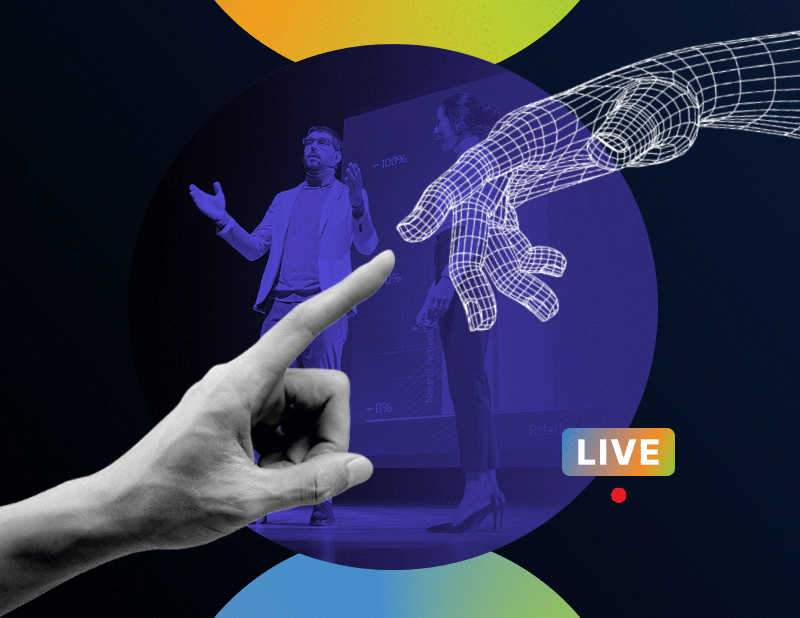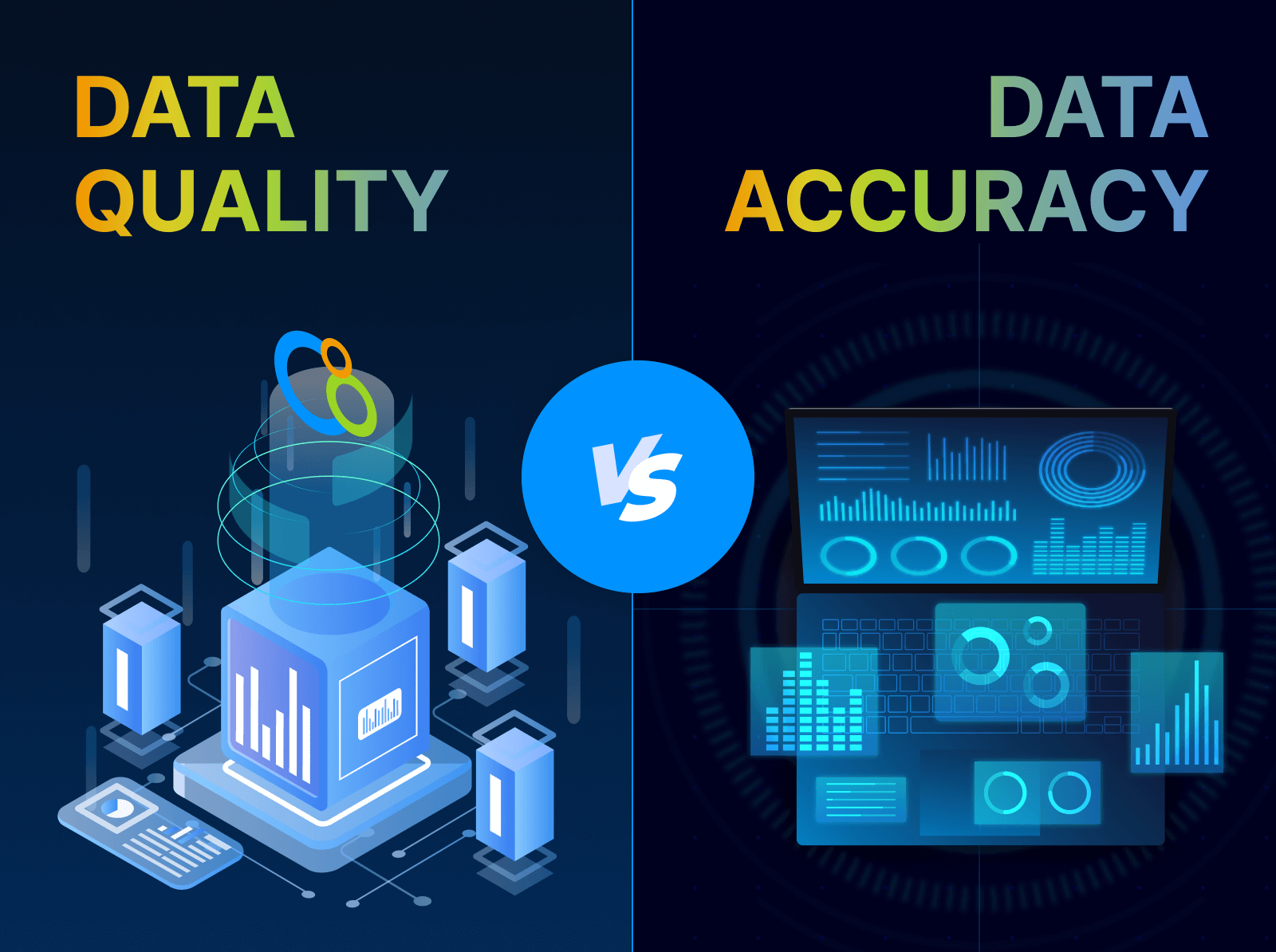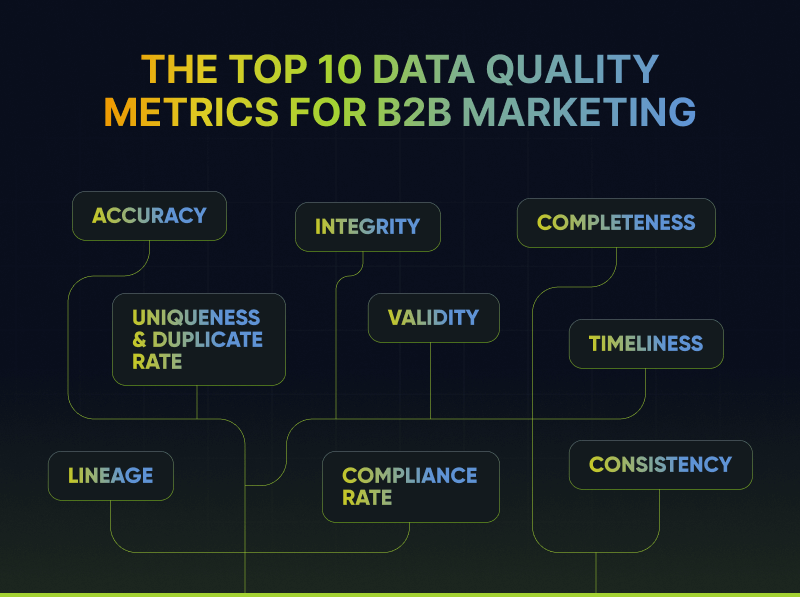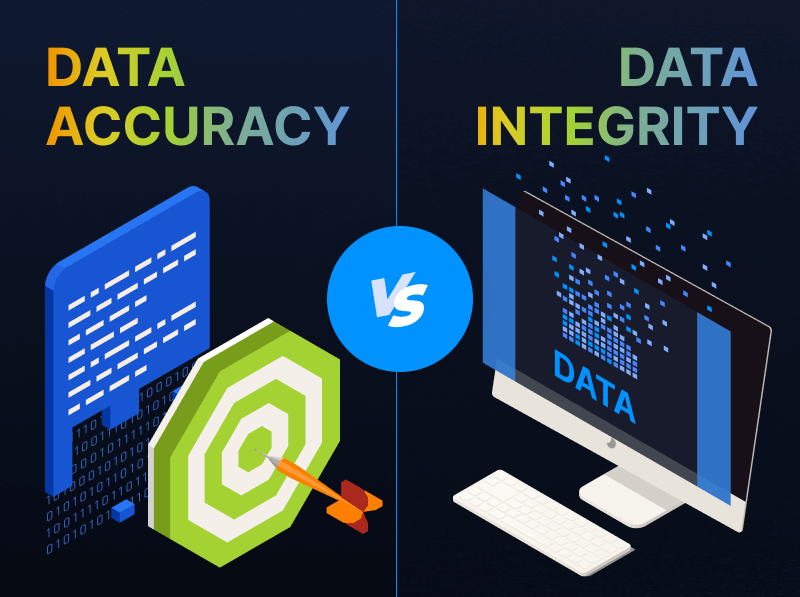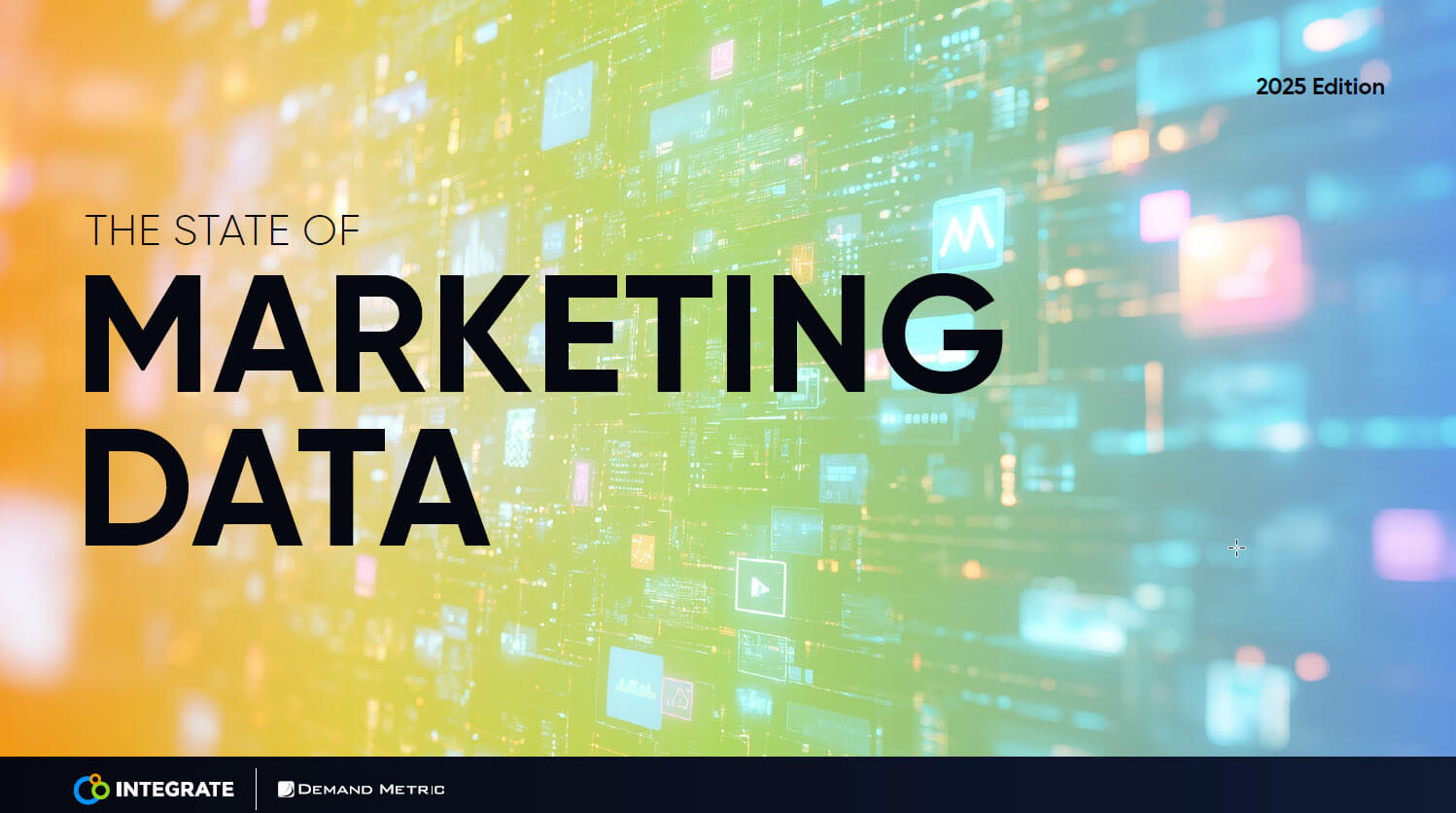A 2021 Winning Events Plan: Connected, Hybrid & Experiential
New research paints the picture for events’ next chapter
The pandemic has exposed the value and the shortcomings of B2B, in-person events. Pre-COVID-19, more marketing budget was spent on events than any other channel. Yet it was consistently the hardest channel in which to measure a demonstrable return. And, just as buyer experience and multichannel account-based journeys took off, in-person events remained the epitome of the marketing silo. Disparate, often antiquated event technology and the manual processes that followed made it nearly impossible for most marketers to truly connect event spend with impact on pipeline and revenue.
We have been largely restricted to standalone webinars and yet-to-be-figured-out versions of virtual events. Usually the domain of demand generation teams to drive and score leads, webinars have remained completely disconnected from in-person event teams, effort and investment. These gaps have created inefficiencies felt internally and externally, keeping a cross-channel experience for buyers out of reach.
“Covid-19 shuts down the global in-person events industry”
We all know the story by now. Almost overnight, B2B marketing teams’ strategies were torn to pieces with the lack of in-person events in 2020, leaving gaping holes in their plans to deliver qualified leads and pipeline for sales. Traditional exhibition organizers were left scrambling and two-to-three year digital transformation projects were accelerated to be delivered in two-to-three months.
The number of webinars has rocketed. With incredible year-on-year growth, existing event tech providers had to quickly “pivot to virtual,” and a new generation of VC-backed online event platforms started to emerge. Audiences needed to rapidly adapt too, with webinars and other virtual events now competing for our attention, our inboxes and our fully booked days of online meetings.
What does this all mean for events in 2021 and beyond?
In August, we conducted a research study with 500 senior B2B Marketers across the US and UK to uncover the impact of COVID-19 on their event strategies this year and how this will shape their 2021 plans.
The results both validated and uncovered a number of important points about the future of events:
- There is no doubt, we’re entering a hybrid future and what used to be two separate internal event organizations and efforts will need to come together as one
- 80% of respondents expect to run or participate in hybrid events in 2021
- There is strong optimism surrounding in-person events, which are predicted to return in the first half of 2021
- 32% suggest they’ll return in Q1, another 29% in Q2
- Event budgets are anticipated to increase year-on-year
- 64% expect to increase their 2021 event marketing budgets compared to 2020
- There will be increasing focus on virtual events following many learnings in 2020
- Increase from 20% of budget spent on virtual events in 2020 to a forecast of 36% in 2021
- Virtual events are creating new opportunities to reach broader audiences and showcase products in different ways at a lower cost
- However, challenges remain in engaging those audiences, recreating networking opportunities and converting attendees into qualified leads ready for a post-event conversation
- The role of the event marketer is evolving fast, requiring new approaches and skills, as the world of modern demand generation collides with traditional event marketing
Stepping out of the silo and into a more connected world
So, will 2021 be the year that B2B events step out of the silo? Here at Integrate, we believe the answer is a resounding yes.
In-person events will always be a powerful and essential channel for B2B Marketers and buyers, whilst at the same time virtual events are creating new opportunities to reach wider audiences in different formats. Innovation continues at a pace, with virtual event providers working hard to deliver a richer experience for attendees, speakers and sponsors, at scale. Alongside that, traditional event organizers are re-thinking their approach to attendees and sponsors alike.
The future of B2B events is a hybrid one. And by that, I don’t just mean events delivered with a simultaneous in-person and online experience; it is more than that. Yes, hybrid events are likely to become the norm; most importantly however, we are seeing event organizers and marketers hit the reset button and embrace the fact that events are just one touchpoint that our buyers take along an increasingly complex journey.
If we start our 2021 planning by viewing both in-person and virtual events as part of a wider series of connected engagements that buyers and accounts experience on their journey to purchase, B2B Marketers stand to gain a competitive advantage and break through the noise. It is obvious that B2B Marketing is becoming more complex, not less. The good news is, with the right strategy and mindset, the technology is available to enable marketers to orchestrate this connected, omnichannel journey. This is exactly what we’re building here with the Integrate Demand Cloud.
For today’s B2B event marketer, 2021 will bring new challenges and complexities as we emerge out of the COVID-19 crisis. However, with that will come new opportunities to innovate by leveraging the power of in-person and virtual events together to deliver a more connected experience for our buyers.
Learn More:

Contact me at chris.wickson@integrate.com to speak about your 2021 events strategy and what the Integrate Demand Cloud can offer.
